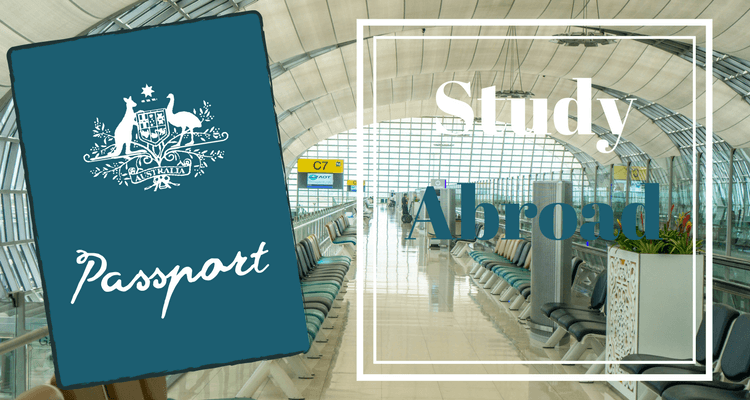How to Get a Study Permit to Canada
 If you are planning to study in Canada as an International student, a study permit is required. You can apply for study permit once you get the acceptance letter from the college or university that you have applied for. You can apply for a study permit online, or by paper application from your nearest Visa Application Centre. Check the application fee at cic.gc.ca. You can also read the information further at ontariocolleges.ca
If you are planning to study in Canada as an International student, a study permit is required. You can apply for study permit once you get the acceptance letter from the college or university that you have applied for. You can apply for a study permit online, or by paper application from your nearest Visa Application Centre. Check the application fee at cic.gc.ca. You can also read the information further at ontariocolleges.ca
What you need:
1. Proof of identity
You need a valid passport or travel document.
2. A letter of acceptance from the college/university.
The college will send you a letter of acceptance within a month after you are accepted. It can be longer than a month depending on how far you live. You can contact the institution for an update if you don’t hear from them within a month.
3. proof that you have enough money to support yourself during your stay in Canada.
You need to provide a proof that you have enough money for tuition plus a minimum of $10,000 if you are a student studying in a province other than Quebec. Or a minimum of $11,000 if you are a student studying in the province of Quebec.
You can prove that you have enough funds by showing some of the following:
- Proof of a Canadian bank account in your name if money has been transferred to Canada;
- Proof of a student/education loan from a financial institution;
- Your bank statements for the past four months;
- A bank draft in convertible currency;
- Proof of payment of tuition and accommodation fees;
- A letter from the person or institution providing you with money; and
- Proof of funding paid from within Canada if you have a scholarship or are in a Canadian-funded educational program.
4. A letter from your sponsor, if you are being sponsored.
5. Letter of explanation
You need to provide a letter that explains why you are applying for a study permit. For example, the letter might say: “Dear Visa Officer,
I would like a study permit for my 4 years undergraduate program in Canada. I would like to study Biotechnology program at York University.”
6. A medical clearance if necessary.
Tips: You may need to consider purchasing health insurance before coming to Canada because the medical cost is quite expensive in Canada. Most universities or colleges usually offer health and dental insurance plans. Make sure you know what kind of coverage that they offer.
7. A valid Electronic Travel Authorization (eTA), if you are from an eTA-required.
Now international students need eTA before coming to Canada. If you are not required to have a visa to come to Canada, then you need an eTA. In some cases, you may only need a visa but not eTA. Find out if you need an eTa or Visa by visiting cic.gc.ca website.
8. A valid visitor visa, if you are from a visa-required country.
You need a visitor visa to enter Canada. You can apply for visitor visa as soon as you get accepted into university. It will take few days to process a visitor visa while study permit can take four weeks to process it.
9. All other necessary documents recommended by the visa office where you applied.
The CBSA officer will ask you to show your travel documents above when you arrive in Canada.
Tips: Make sure you don’t bring any prohibited items into Canada. Meat products are strictly prohibited in Canada. Declare any goods or currency with value above $10,000 that you bring into Canada to avoid being fined.
Good luck!

